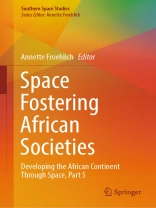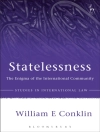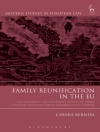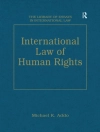This peer-reviewed book provides detailed insights into how space and its applications are, and can be used to support the development of the full range and diversity of African societies, as encapsulated in the African Union’s Agenda 2063. Following on from Part 1 to Part 4, which were highly acclaimed by the space community, it focuses on the role of space in supporting the UN Sustainable Development Goals in Africa, but covers an even more extensive array of relevant and timely topics addressing all facets of African development. It demonstrates that, while there have been significant achievements in recent years in terms of economic and social development, which have lifted many of Africa’s people out of poverty, there is still a great deal that needs to be done to fulfill the basic needs of Africa’s citizens and afford them the dignity they deserve. To this end, space is already being employed in diverse fields of human endeavor to serve Africa’s goals for its future, but there ismuch room for further incorporation of space systems and data. Providing a comprehensive overview of the role space is playing in helping Africa achieve its developmental aspirations, the book will appeal to both students and professionals in fields such as space studies, international relations, governance, social, rural and technical development.
قائمة المحتويات
Evaluating the Nigerian Space Policy vs the African Outer Space Strategy.- Africa’s Impact Cratering History and Meteorite Record: Implications for Planetary and Space Science studies on the Continent.- The Namibian Multi-Wavelength Observatory – Towards Sustained Astronomy in Namibia.- South Africa’s Role in Promoting Development in Africa through its Outer Space Activities.- Use of SAR Imagery for Oil Spill Detection and Mapping in Angola.- Preliminary design of a South African liquid rocket engine testing platform for academic applications.












